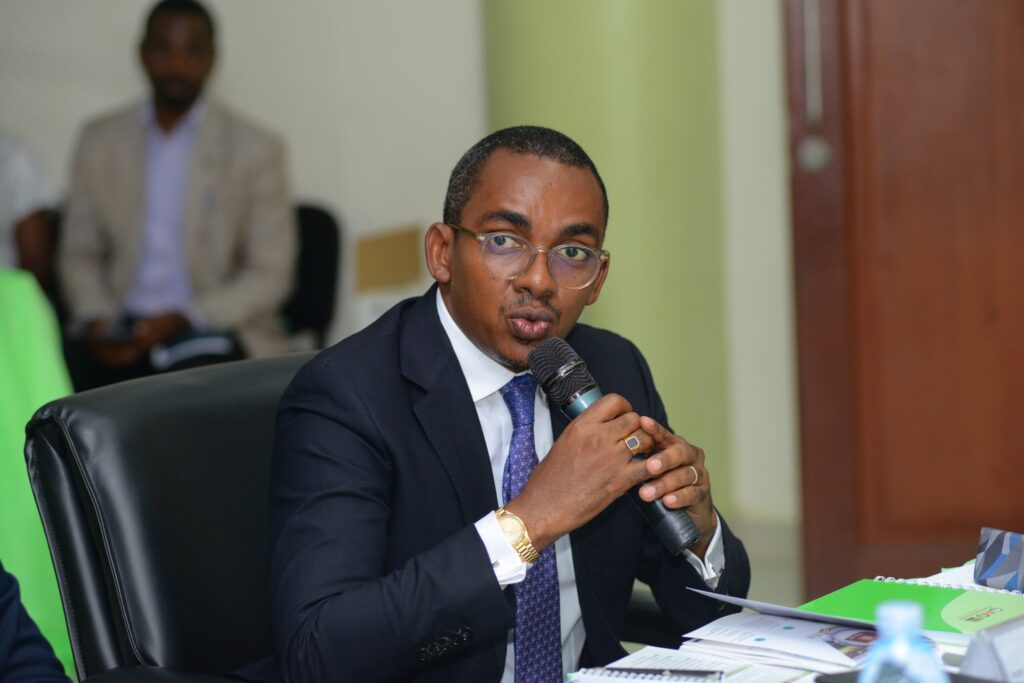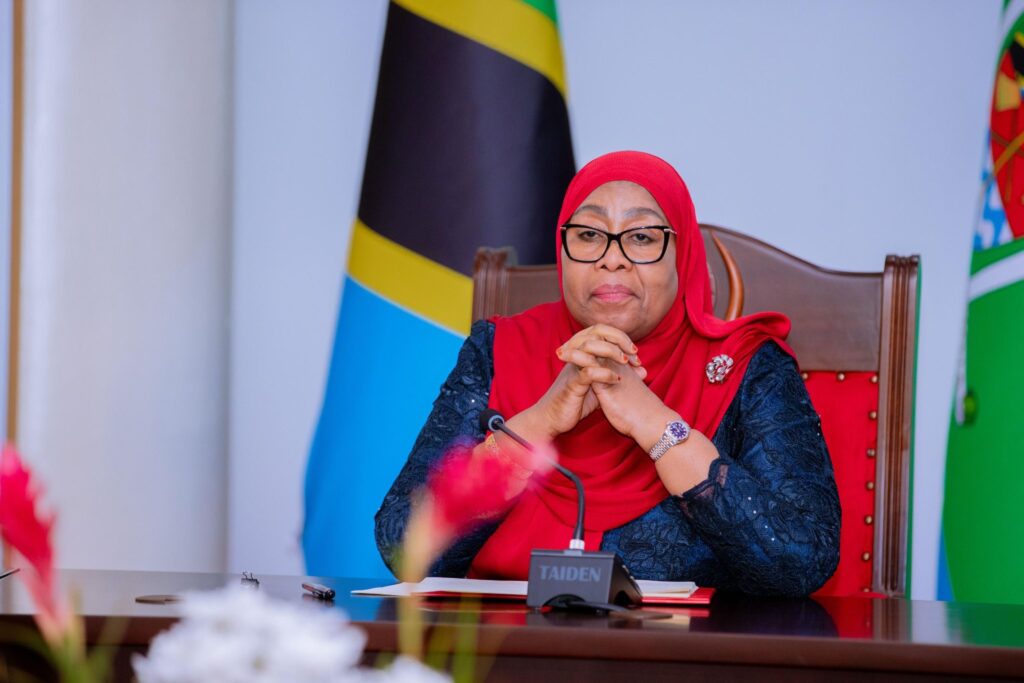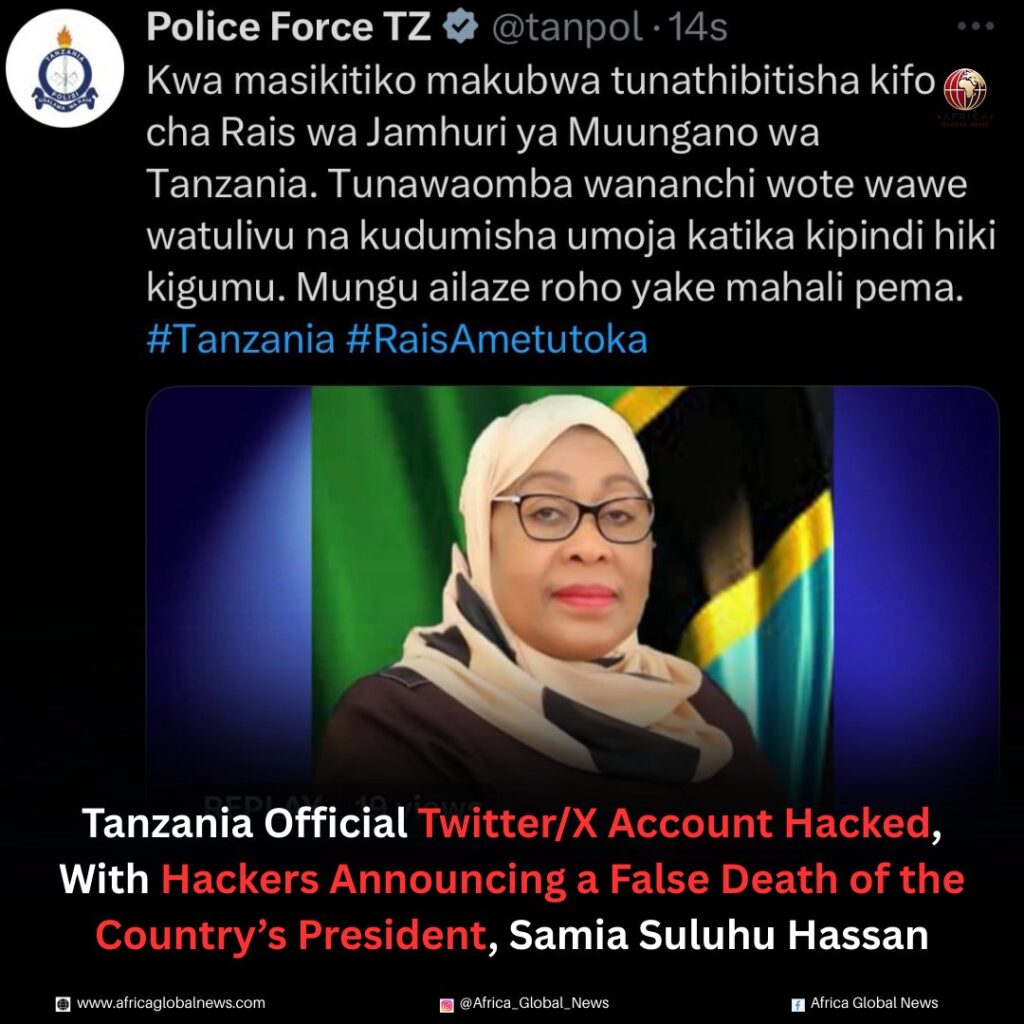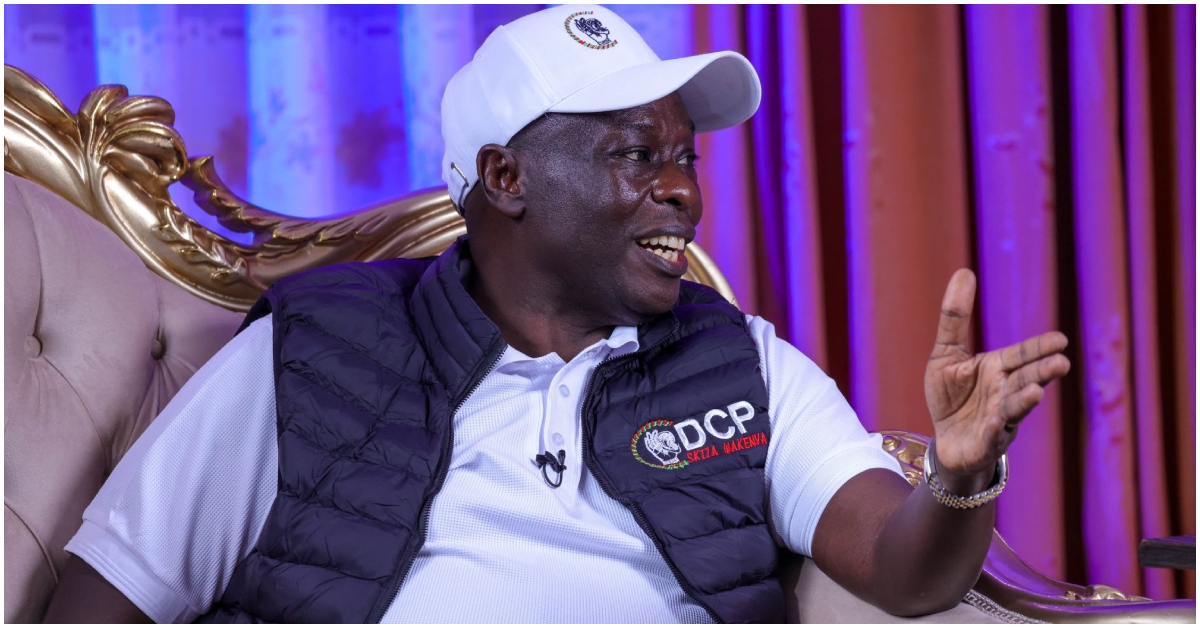In a move that has triggered alarm among rights advocates and digital freedom defenders, the Tanzanian government has once again blocked access to the social media platform X, this time citing the circulation of pornographic content as the justification.
Jerry Silaa, Tanzania’s Minister for Information, Communication, and Technology, confirmed the action in a televised interview, describing it as a protective measure aligned with national regulatory standards. This marks the third time in recent months that the platform has faced restriction in the East African nation.

Silaa asserted that the government must “oversee and manage online spaces” to shield the public, particularly the youth, from what it deems morally corrupting material. “Because the internet is like the sky,” he said, “what you say here will be heard by Tanzanians, whether they like it or not. That’s why the government needs to ensure that online content aligns with our national values and laws.”
According to the ICT minister, the platform’s recent changes in 2024 allowing the publication of sexually explicit content, including same-sex pornography, clash directly with Tanzania’s Section 16 of the national online ethics guidelines. The government, he argued, is merely enforcing laws already on the books.
But critics aren’t buying it.
For many, this move is less about protecting morality and more about silencing dissent. The Legal and Human Rights Centre (LHRC) described the action as part of a “disturbing pattern of digital repression”, one that appears to be intensifying as the country heads toward critical presidential and parliamentary elections in October 2025.
In a post on X, the very platform now inaccessible to many Tanzanians, LHRC voiced its outrage and disappointment over what it called a blatant violation of civil liberties. Their demands are unequivocal:
- Restore immediate access to X, Clubhouse, Telegram, and all other restricted platforms.
- Uphold the Tanzanian Constitution and international human rights obligations, especially those protecting freedom of expression and access to information.
- Ensure transparency in digital regulation and involve civil society in shaping policies that respect human dignity and freedom.

This is not an isolated crackdown. Just two weeks ago, the government pulled the plug on X after hackers breached the Tanzanian Police’s official account, which had over 470,000 followers.
The hacked account spread disinformation, prompting panic and government retaliation. Authorities later regained control, but the damage had been done.

What’s more concerning is that President Samia Suluhu had just instructed police to “protect” social media platforms the day before the cyberattack, a remark now seen by critics as foreshadowing this deeper digital clampdown.
In a country once hailed for its democratic promise, these developments raise painful questions. Is Tanzania truly safeguarding its citizens, or is it slowly choking the digital lifeline of free speech?
And with elections on the horizon, some fear this is just the beginning.


